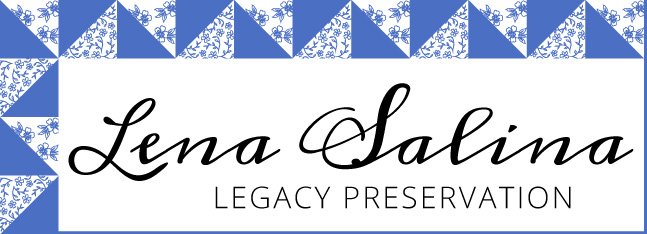
Storytelling is an integral part of the human experience. The earliest tales have been passed down through folklore and legends from generation to generation in oral traditions among non-literate peoples. Images of early humans sharing stories around a campfire remind us of the antiquity of storytelling. Going on a dangerous hunt is one activity, but sharing the story of the hunt afterward is another important activity that fosters group cohesion.
Cultural norms and expectations are passed down through storytelling.
In modern society children’s books form an essential part of early learning. Reading bedtime stories to our children brings back fond memories of the innocence of  childhood. Parents relish in sharing a favorite tale while children are comforted by the assurance of a parent’s attention. Novels, children’s books, movies, sit-coms, and film are billion-dollar industries. Can we imagine life without storytelling in this form? How much of our time is invested in reading or watching stories come alive in books or movies?
childhood. Parents relish in sharing a favorite tale while children are comforted by the assurance of a parent’s attention. Novels, children’s books, movies, sit-coms, and film are billion-dollar industries. Can we imagine life without storytelling in this form? How much of our time is invested in reading or watching stories come alive in books or movies?
At its core, storytelling is healing.
Storytelling forms the foundation of twelve-step programs and therapy groups. As we speak our truth, we heal our soul. As listeners of story, we learn we are not alone. Sitting  by ourselves reading a book, we identify with the main protagonist. The character experiences something we have experienced, an awkward romantic moment, an embarrassing job interview, a shameful mistake, or a devastating break-up and we suddenly don’t feel alone.
by ourselves reading a book, we identify with the main protagonist. The character experiences something we have experienced, an awkward romantic moment, an embarrassing job interview, a shameful mistake, or a devastating break-up and we suddenly don’t feel alone.
In college I wrote a report on the Art of Storytelling in the Odyssey. In it I analyzed all the ways and circumstances that storytelling occurred in the epic novel.
What struck me about the tale was that 2500 years later we continue to read the Odyssey. Why? Because the human drama expressed in the story is something we can still relate to.
Even though the technology is different, some of the social customs are different, the styles are different, the marriage laws, and spiritual beliefs are different, we can still be moved by a father and husband who yearns to return home after war, a son in search of his lost father, and a wife who holds onto the belief that her husband will return to her; that if he were dead she would know it in the core of her being.
I watch genealogy shows that trace the backgrounds of the famous and the not-so-famous. I love to see how much information can be gleaned from the hard facts of the historical record. It’s interesting to see how as the story of their forebears is revealed, people are touched, moved, proud, elated, or devastated to learn what happened. Why are we so connected to these people we’ve never met? One could speculate for hours why, but the point is that we are. It’s meaningful to us that our Irish relatives suffered in the Great Famine, or our American forebears were killed in the Civil War, or that our ancestors were slaves, or pirates, or circus acrobats, or business tycoons. Each genealogy episode is a micro-history. We learn about societal history by learning about the details of an individual life. Sometimes these stories line up with the historical narrative we’ve all been taught. Sometimes the real circumstances are very different from what we’ve been taught and we see an historical era with new eyes.
When witnessing the lives of people’s ancestors, seeing the hardships they suffered, and the tragedies they overcame,
it’s disheartening to think that their lives may have been lost in the annals of history forever without another living soul knowing who they were, what they suffered, what they overcame, or even that they existed.
Maybe the world doesn’t need to know who they were, but it’s sad that their family  doesn’t either. In doing my family’s genealogy and learning about the lives and hardships of my ancestors, I was deeply moved to learn their stories and to know what they went through. Like those on the genealogy shows, we find connections from their lives to ours that are important and relevant to who we are as individuals and families today. Many of the family values passed down to us originate in an ancestor’s story. The value is retained while the story and the ancestor is lost.
doesn’t either. In doing my family’s genealogy and learning about the lives and hardships of my ancestors, I was deeply moved to learn their stories and to know what they went through. Like those on the genealogy shows, we find connections from their lives to ours that are important and relevant to who we are as individuals and families today. Many of the family values passed down to us originate in an ancestor’s story. The value is retained while the story and the ancestor is lost.
Remember you are someone’s ancestor.
What happened to you in your life, what happened to your mother or father, aunt or uncle, sister or brother, or even your child, will be important to someone who’s not even born yet. You have the opportunity to tell the story of your family. There are a variety of ways of doing this. Depending on your skill level, your confidence level, the amount of time you can devote, and you desire and interest, you may want to write a memoir, create a memory book, do an oral history, create a Family Facebook page, or blog. Whatever method you choose, just do it.
